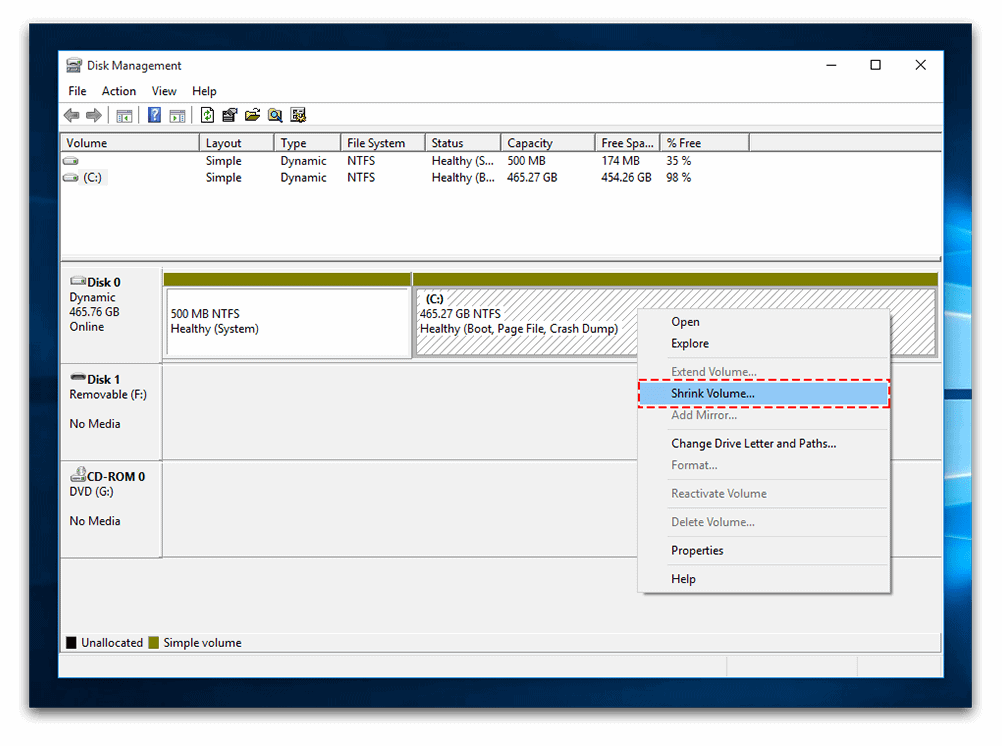
This helps make sure that the system can run without any issues, and that data is stored securely. Finally, disk management also involves monitoring disk usage to ensure that the system is running smoothly.īy managing the disk, the operating system can ensure that data is stored and retrieved efficiently and that the system runs smoothly. The file system is responsible for managing the allocation of space on the disk and maintaining the directory structure that stores the individual files.

It is also responsible for formatting the disk so that the operating system can access the data stored in it.ĭisk management in OS also involves maintaining a file system, which is a system that organizes the data stored on the disk. Each partition can be used for storing a different type of data, such as program files, documents, etc. By managing the disk space, the operating system can make sure that the system runs efficiently and that data is stored properly.ĭisk management in OS is a complex process that begins with partitioning, which divides a disk into multiple logical parts, or partitions.

It is responsible for organizing, creating, and deleting files stored on a disk, as well as managing the available disk space.
_thumb_2.png)
Disk management in OS is an important part of the operating system (OS) that helps with the efficient utilization of data storage.


 0 kommentar(er)
0 kommentar(er)
